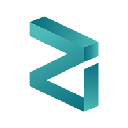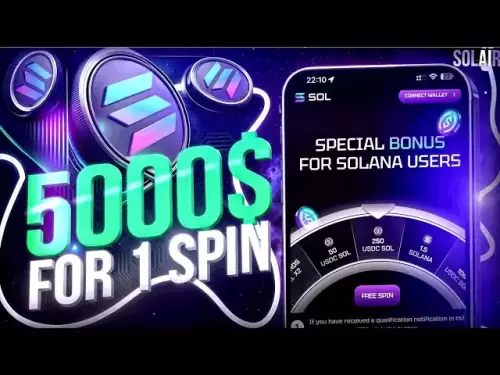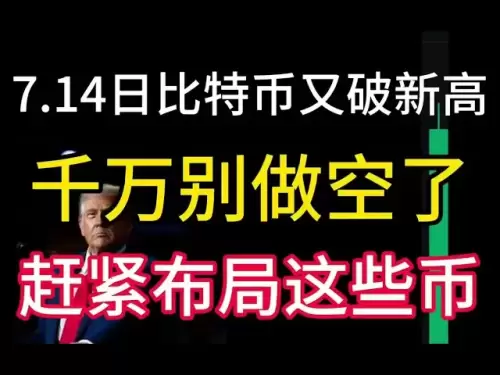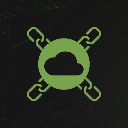-
 Bitcoin
Bitcoin $122,073.8475
3.61% -
 Ethereum
Ethereum $3,073.2823
4.14% -
 XRP
XRP $2.9894
7.25% -
 Tether USDt
Tether USDt $1.0000
-0.03% -
 BNB
BNB $703.4664
1.92% -
 Solana
Solana $167.3788
3.42% -
 USDC
USDC $0.9998
-0.01% -
 Dogecoin
Dogecoin $0.2073
5.10% -
 TRON
TRON $0.3022
0.10% -
 Cardano
Cardano $0.7550
3.34% -
 Hyperliquid
Hyperliquid $48.6208
1.34% -
 Stellar
Stellar $0.4636
8.25% -
 Sui
Sui $3.9823
16.03% -
 Chainlink
Chainlink $16.2336
5.75% -
 Hedera
Hedera $0.2450
6.76% -
 Bitcoin Cash
Bitcoin Cash $516.7712
2.70% -
 Avalanche
Avalanche $21.8700
3.18% -
 UNUS SED LEO
UNUS SED LEO $9.0253
-0.08% -
 Shiba Inu
Shiba Inu $0.0...01385
5.42% -
 Toncoin
Toncoin $3.0240
0.80% -
 Litecoin
Litecoin $97.7055
3.39% -
 Polkadot
Polkadot $4.1356
4.42% -
 Monero
Monero $351.1108
4.78% -
 Uniswap
Uniswap $9.3536
11.12% -
 Dai
Dai $0.9998
-0.01% -
 Ethena USDe
Ethena USDe $1.0005
0.01% -
 Pepe
Pepe $0.0...01264
4.17% -
 Bitget Token
Bitget Token $4.5002
3.13% -
 Aave
Aave $330.6527
9.15% -
 Bittensor
Bittensor $420.6946
7.83%
What is DAO (Decentralized Autonomous Organization)?
Decentralized Autonomous Organizations (DAOs) offer innovative governance structures by leveraging blockchain technology to distribute power among members, automate processes, and promote transparency.
Feb 17, 2025 at 10:18 am

Key Points:
- Understanding the Concept of Decentralized Autonomous Organizations (DAOs)
- Constructing a DAO: Essential Steps and Considerations
- Pros and Cons of Utilizing DAOs for Organizational Governance
- Current and Upcoming Developments in the DAO Ecosystem
- Notable Examples of Successful DAOs
What is a Decentralized Autonomous Organization (DAO)?
A Decentralized Autonomous Organization (DAO) is an innovative entity powered by blockchain technology that operates autonomously without the need for traditional centralized leadership. These organizations leverage smart contracts to facilitate decision-making and automate business processes, promoting transparency, accountability, and shared ownership among members.
Constructing a DAO: Essential Steps and Considerations
- Establish a Purpose: Define the objectives and mission of the DAO, ensuring alignment among members.
- Create a Governance Framework: Develop a set of rules and procedures that guide decision-making and operation processes, including voting mechanisms and quorum thresholds.
- Establish a Codebase: Utilize smart contracts to automate decisions and operations in accordance with the established governance framework.
- Secure the DAO: Implement security measures to protect the DAO from malicious actors and ensure the integrity of its operations.
- Attract and Manage Members: Establish membership criteria and engagement strategies to foster a vibrant and committed community.
Pros and Cons of Utilizing DAOs for Organizational Governance
Pros:
- Decentralized Decision-Making: Distributes power among members, fostering consensus and mitigating biases.
- Transparency and Accountability: All transactions and decisions are recorded on-chain, providing visibility and auditability.
- Cost-Effectiveness: Automating operations through smart contracts reduces operational expenses and bureaucracy.
- Autonomous Operations: Smart contracts execute tasks and decisions without the need for human intervention, ensuring efficiency.
- Global Accessibility: Anyone with internet access can participate in governance and decision-making processes.
Cons:
- Complexity: Understanding and managing DAOs requires technical expertise and knowledge of blockchain technology.
- Slow Decision-Making: Consensus-based governance can be time-consuming, especially for complex decisions.
- Technological Limitations: Smart contracts are inflexible and cannot adapt to changes as quickly as traditional organizations.
- Regulatory Uncertainty: The legal status and regulations surrounding DAOs are still evolving, creating potential compliance risks.
Current and Upcoming Developments in the DAO Ecosystem
- Foundation DAOs: Supporting the creation and development of new projects through funding, mentorship, and other resources.
- Collector DAOs: Purchasing and investing in artwork, collectibles, and other physical or digital assets.
- Investment DAOs: Pooling resources and making collective investment decisions to diversify portfolios and mitigate risks.
- Governance DAOs: Implementing decentralized governance models for existing organizations and communities.
- Metaverse DAOs: Governing and shaping virtual worlds, communities, and experiences within the metaverse.
Notable Examples of Successful DAOs
- MakerDAO: A decentralized stablecoin protocol that uses DAI as its stablecoin, governed by MKR token holders.
- Uniswap: A decentralized exchange (DEX) that facilitates peer-to-peer trading of cryptocurrencies, governed by UNI token holders.
- Gitcoin: A platform for funding open-source projects and collaborating on decentralized governance initiatives, governed by GTC token holders.
- Compound: A decentralized lending protocol that allows users to earn interest on their crypto assets or borrow funds, governed by COMP token holders.
- DYDX: A decentralized derivatives exchange that enables users to trade futures and perpetual contracts, governed by DYDX token holders.
FAQs
Q: What is the difference between a DAO and a traditional organization?
A: DAOs are decentralized, meaning that power is distributed among members rather than concentrated in a central authority. They also leverage smart contracts and blockchain technology to automate decision-making and operations, promoting transparency and accountability.
Q: How can I join a DAO?
A: Membership criteria and requirements vary depending on the DAO. Typically, you will need to acquire the governance token of the DAO and meet any additional requirements set by the DAO's governance framework.
Q: How does voting work in a DAO?
A: Voting mechanisms vary depending on the DAO's governance model. Common methods include quorum thresholds, weighted voting based on token holdings, and governance proposals submitted by members for community approval.
Q: Are DAOs legally recognized entities?
A: The legal status of DAOs is still evolving and varies across jurisdictions. Some countries have enacted legislation specifically addressing DAOs, while others may consider them under existing corporate law or partnership structures.
Q: What are the risks associated with investing in DAOs?
A: Investing in DAOs involves risks such as volatility of the underlying token value, the technical complexity involved,
Disclaimer:info@kdj.com
The information provided is not trading advice. kdj.com does not assume any responsibility for any investments made based on the information provided in this article. Cryptocurrencies are highly volatile and it is highly recommended that you invest with caution after thorough research!
If you believe that the content used on this website infringes your copyright, please contact us immediately (info@kdj.com) and we will delete it promptly.
- Meme Coin Mania: Your Step-by-Step Guide to Viral Success in 2025
- 2025-07-14 18:00:36
- UK Treasury Watch: Bitcoin Surge Lifts Companies Amidst Crypto Optimism
- 2025-07-14 16:30:12
- Crypto Investment Beyond XRP: Unearthing High-Potential Substitutes
- 2025-07-14 18:10:12
- Satoshi Nakamoto: Bitcoin's Billionaire Mystery – Richest Person?
- 2025-07-14 16:50:12
- Solana, Little Pepe, Meme Coin Mania: What's the Hype?
- 2025-07-14 18:00:36
- Bitcoin Privacy, Cryptocurrency, and Cake Wallet: A New Yorker's Take
- 2025-07-14 18:10:12
Related knowledge
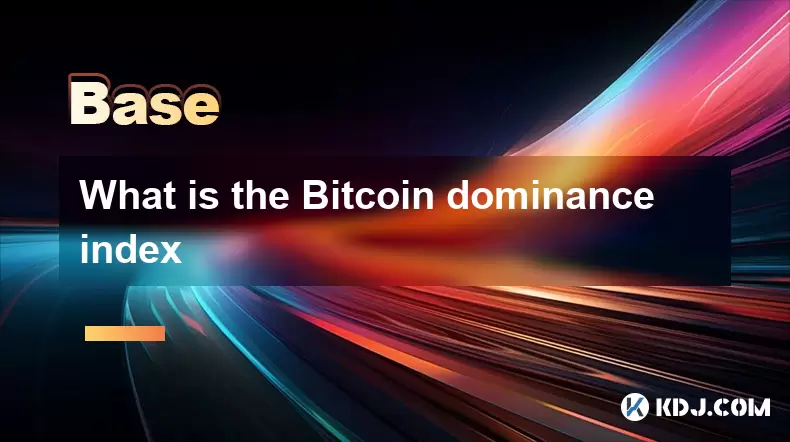
What is the Bitcoin dominance index
Jul 12,2025 at 10:35pm
Understanding the Bitcoin Dominance IndexThe Bitcoin Dominance Index, often abbreviated as BTC.D, is a metric used to measure Bitcoin's market capital...
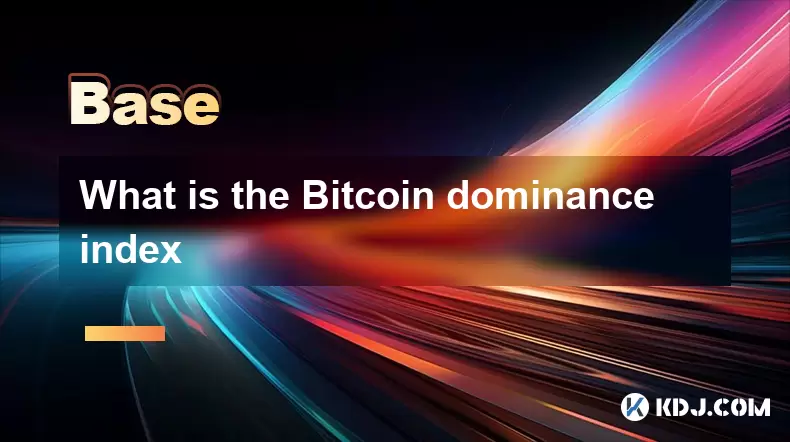
What is the Bitcoin dominance index
Jul 11,2025 at 04:29am
What is the Bitcoin Dominance Index?The Bitcoin Dominance Index is a metric used to gauge Bitcoin's market capitalization relative to the total market...
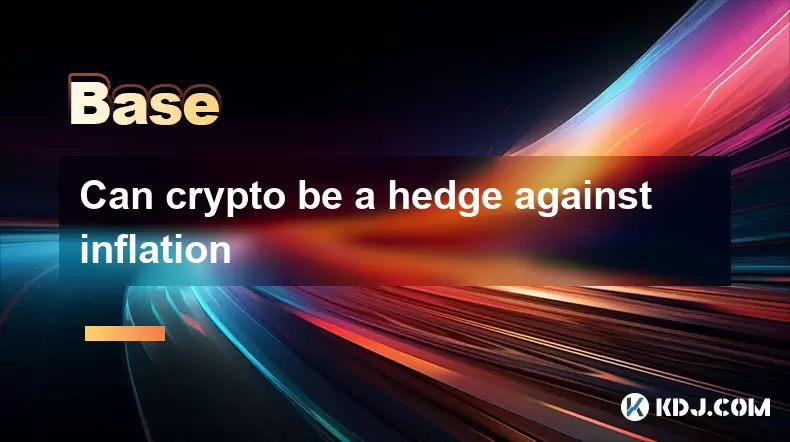
Can crypto be a hedge against inflation
Jul 14,2025 at 12:21am
Understanding the Concept of Hedging Against InflationInflation refers to the general increase in prices and fall in the purchasing value of money ove...
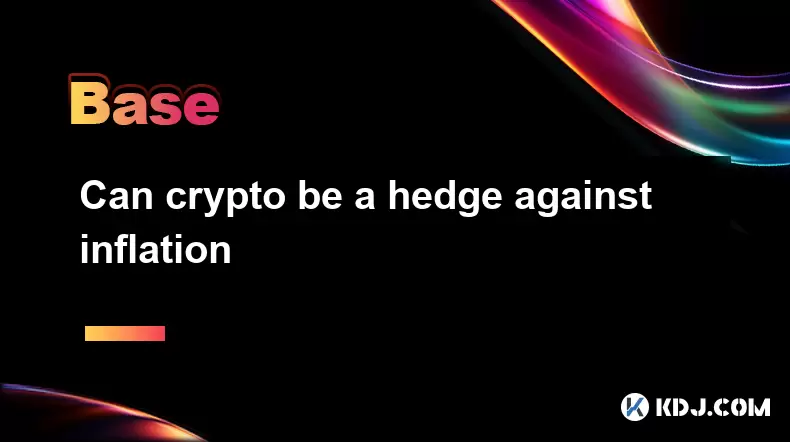
Can crypto be a hedge against inflation
Jul 12,2025 at 12:07pm
Understanding the Role of Blockchain in Decentralized Finance (DeFi)Blockchain technology serves as the backbone of decentralized finance, offering a ...
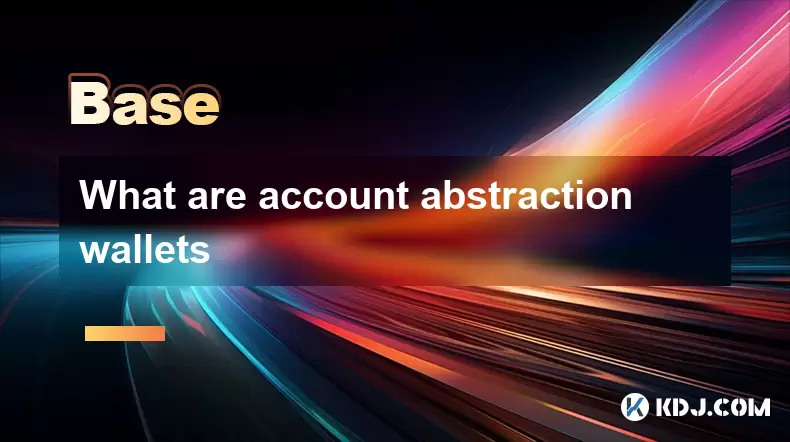
What are account abstraction wallets
Jul 13,2025 at 01:43am
Understanding the Concept of Account AbstractionAccount abstraction is a term frequently used in the Ethereum ecosystem, particularly within discussio...
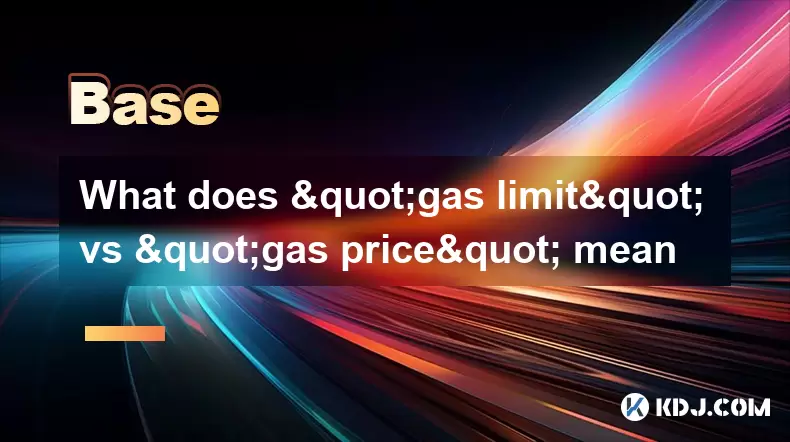
What does "gas limit" vs "gas price" mean
Jul 13,2025 at 04:00am
Understanding the Basics of Gas in Blockchain TransactionsIn the Ethereum and other EVM-compatible blockchains, every transaction requires computation...

What is the Bitcoin dominance index
Jul 12,2025 at 10:35pm
Understanding the Bitcoin Dominance IndexThe Bitcoin Dominance Index, often abbreviated as BTC.D, is a metric used to measure Bitcoin's market capital...

What is the Bitcoin dominance index
Jul 11,2025 at 04:29am
What is the Bitcoin Dominance Index?The Bitcoin Dominance Index is a metric used to gauge Bitcoin's market capitalization relative to the total market...

Can crypto be a hedge against inflation
Jul 14,2025 at 12:21am
Understanding the Concept of Hedging Against InflationInflation refers to the general increase in prices and fall in the purchasing value of money ove...

Can crypto be a hedge against inflation
Jul 12,2025 at 12:07pm
Understanding the Role of Blockchain in Decentralized Finance (DeFi)Blockchain technology serves as the backbone of decentralized finance, offering a ...

What are account abstraction wallets
Jul 13,2025 at 01:43am
Understanding the Concept of Account AbstractionAccount abstraction is a term frequently used in the Ethereum ecosystem, particularly within discussio...

What does "gas limit" vs "gas price" mean
Jul 13,2025 at 04:00am
Understanding the Basics of Gas in Blockchain TransactionsIn the Ethereum and other EVM-compatible blockchains, every transaction requires computation...
See all articles

















